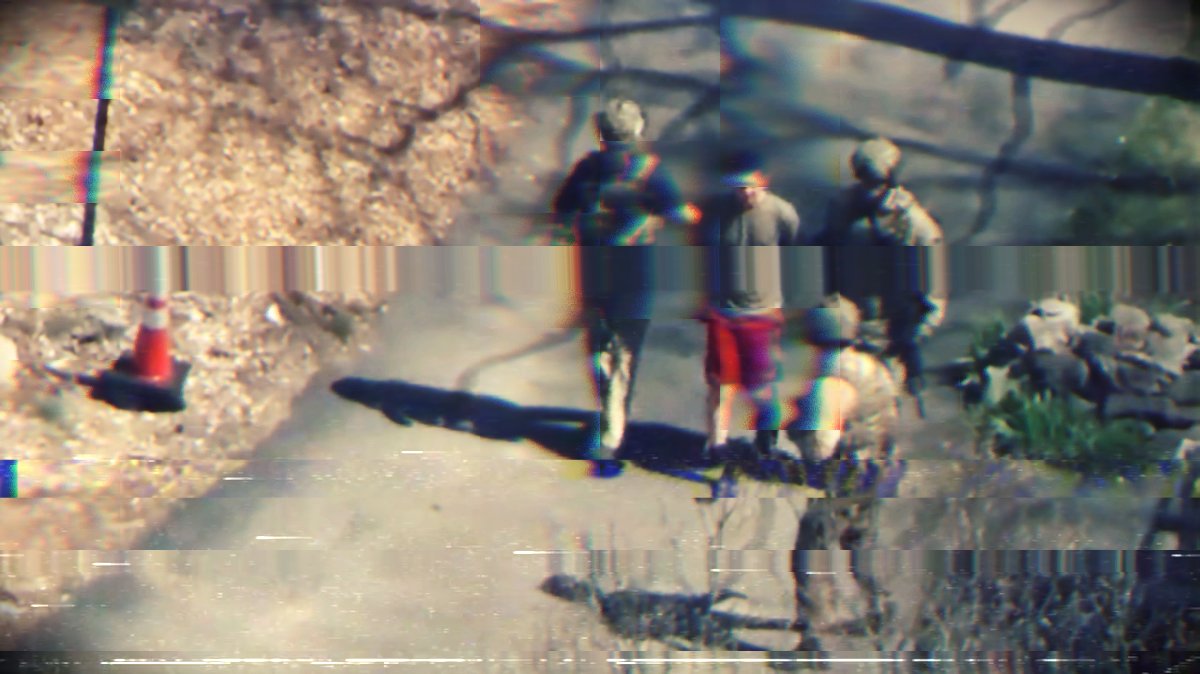Instead of working with him to uncover hidden government secrets about the US proxy war in Ukraine, The New York Times and Bellingcat sold out Air National Guardsman Jack Teixeira to the authorities. The kid’s now facing a lifetime in prison.
I am once again coming to you in the midst of a mountain of paperwork and travel, but hopefully with the first of two episodes this week.
The Story of Jack Teixeira
The story of how the Pentagon leaker, Jack Teixeira, was sold out to the authorities by the press is an especially vexing one. It concerns me much more than what’s actually in the so-called “Discord Leak”, which is hard for me to gauge anyway.
If you want to read more about the case beyond what I discuss in this podcast episode, you might want to check out this article I wrote.
Producer Feedback
I value your input greatly. If you have any opinions or remarks on the things discussed in this episode, please add a comment at the bottom of this page. You can also use one of the other ways to contact me about this, or any previous episode. Please also write me if you have ideas for things I should cover.
On the forum thread for episode 150, there was an interesting discussion about what it means to tell the truth at all times.
Fadi:
With regards to the point about malinformation, I understand the point you are making about truth being harmful to those on power. But to take a slightly more conservative position, I can understand that truth might be problematic, let me give a silly example.
I always liked in RPG games when they have a set of questions to probe the personality you are representing, so there would be a question like: you are on the battlefield, your friend is dying and he asks if your side was winning. Knowing that you see your cause is losing, would tell him, knowing that he will die feeling that he lost his life for a losing cause.
Evgeny:
Truth can cause people damage in many ways. In a war, public awareness of the truth about your army’s movements, bases, and defences usually costs dearly in soldiers’ lives and military equipment. In a competitive business endeavour, public awareness of the truth about your product plans and launching dates can allow a competitor to win and leave your employees with nothing to feed their children with. In medicine, it’s (by now) a given that a patient has a right to know about her own condition in details, but it’s also widely understood that sometimes the patient needs a great deal of preparation to finally be given the truth, otherwise the truth about the patient’s condition might very well kill her.
Fab is trying to make the distinction in the episode; and what he’s saying, I think, is (I may have misunderstood): democratic governments can’t be hurt by truth, and if they are, there’s something wrong with them. I don’t think I can fully subscribe to that point of view either, even if we leave out the fact that democratic governments comprise people, and people can be damaged by truth. You see, the institutions can also suffer from truth; one example is police: I can envision a case of a covert operation being not just the most effective, but simply the only way of combating some organized crime; truth about the said covert operation can, if leaked prematurely, void the whole operation, and render police unable to do its job. And I’m not talking about three-letter agencies and secret services, just plain old fully-legal police work.
Fadi:
Fullly agree with what you said. I believe I’m also in agreement with Fab, on principle, but what I wanted to point out is that there are always caveats.
From my point of view the topic relates to how much agency, trust and independence you assign people you hide “the truth” from. In many cases, it’s an indication that you consider them not at the required level to handle the truth (queue the famous Jack Nicholson quote), which, for me, is a bad sign for governments to be holding of their citizenry.
Evgeny:
Thank you for spelling this out, I fully agree.
Credits
This podcast is provided free of charge and free of obligations under the value-for-value model. However, as a freelance journalist volunteering my time to produce this show, I need your support. If you like my work and want to make sure The Private Citizen keeps going, please consider joining my Patreon.
Showrunners
- Sir Galteran
Executive Producers
- 1i11g
- Butterbeans
- Jaroslav Lichtblau
- Rizele
- Sandman616
Supervising Producers
avis, Bennett Piater, Dave, ikn, Jackie Plage, Jonathan M. Hethey, krunkle, Michael Mullan-Jensen, Robert Forster, Tobias Weber
Producers
Andrew Davidson, astralc, Cam, Captain Egghead, David Potter, Dirk Dede, Fadi Mansour, Florian Pigorsch, Joe Poser, Mika, MrAmish, Rick Bragg, RJ Tracey
Associate Producers
D, Jonathan, Juhan Sonin, Kai Siers, RikyM, Steve Hoos, Vlad
Thanks to Bytemark, who are providing the hosting and bandwidth for this episode’s audio file.
The show’s theme song is Acoustic Routes by Raúl Cabezalí, licensed via Jamendo Music. This episode’s ending song is Sunday Coffee by Rebecca Mardal, licensed via Epidemic Sound.
